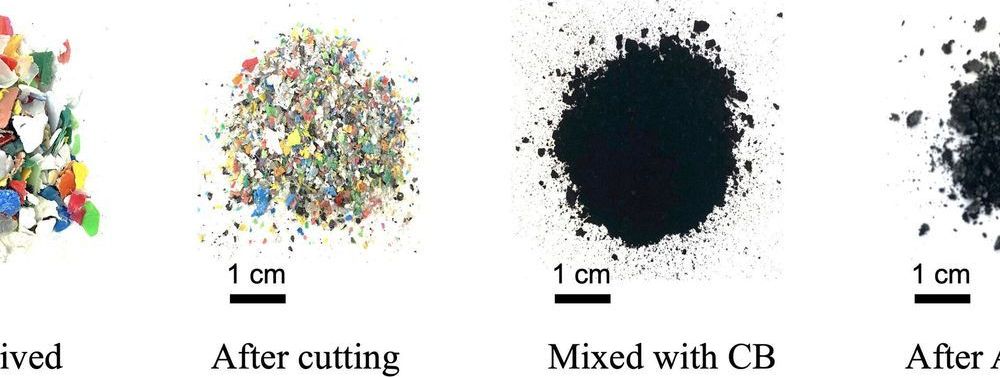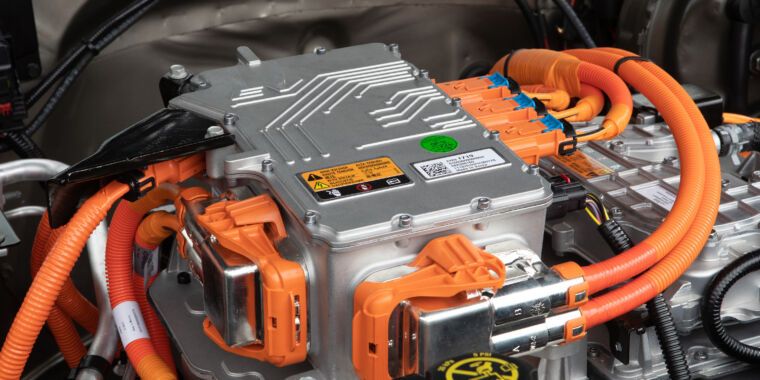I don’t know about you, but I am totally here for the growing trend of putting electric propulsion in classic cars. Much of the pioneering work has been done by small aftermarket shops: Zelectric and EV West in California, Electric Classic Cars in the UK, and so on. But increasingly, OEMs are giving it a go as well. For a while, Jaguar was preparing to sell a (very expensive) conversion kit for its XKE-engined cars, although sadly that has been cancelled. Volkswagen has been working with eClassics on an electric conversion of the Type 1 bus. And here in the US, the annual SEMA show has featured some factory-blessed high voltage hot rods for the last couple of years.
SEMA is going virtual this year, and one of the cars that Chevrolet will show off will be a 1977 K5 Blazer—called the Blazer-E—that previews the company’s new eCrate aftermarket powertrain. The build team traded the Blazer’s huge 6.6L V8, with its meagre 175hp (130kW), for the 200hp (150kW) motor from the Bolt EV, which connects to the Blazer’s four-wheel drive system via a four-speed auto that replaces the original three-speed transmission.
The fuel tank and exhaust also went in the recycling bin, and a 60kWh lithium-ion battery pack was mounted in the Blazer’s cargo area. This is also from the Bolt EV and includes all the wiring and power electronics one needs to manage a modern battery EV powertrain.








